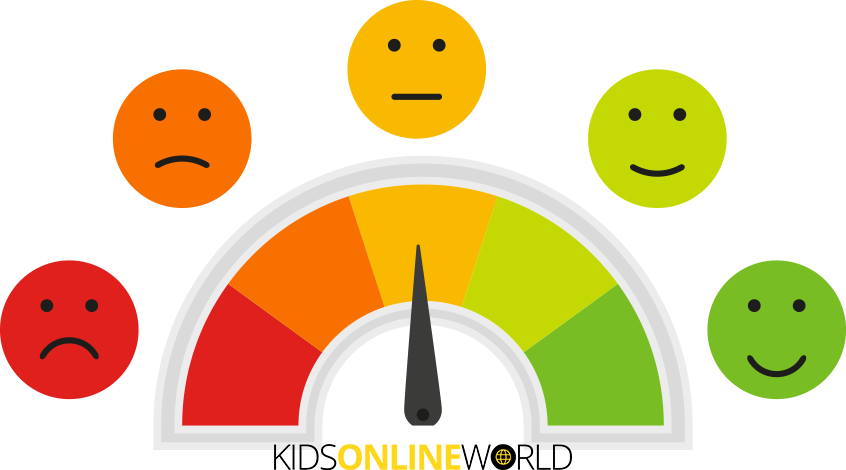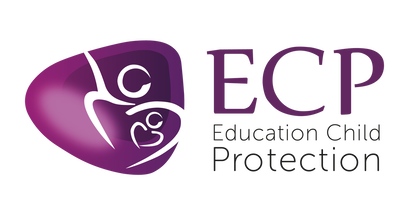PLINK
|
MINIMUM AGE: 3+
WHAT IS IT? Plink is a app for gamers. It is the first matchmaking platform made especially for gamers. Communicate, using free voice chat, find individuals to play with and check what games your other users are playing. voice chat, f WHAT WE SAY: Treat with caution. For those aged 3+, but discuss safety tips with children.
|
SAFETY TIPS TO CONSIDER:
FURTHER SUPPORT: For parents/ carers If you're worried about your child or need support call NSPCC helpline on 0808 800 5000. If you discover criminal content when online then report it directly to the police or the Internet Watch Foundation. If you're worried about online grooming or sexual behaviour online then report directly to the police or contact CEOP. For Children & young people if they're worried or want to talk, encourage them to contact Childline Online or call 0800 1111. Check out our Resource Centre for further information and useful online safety tips. |



